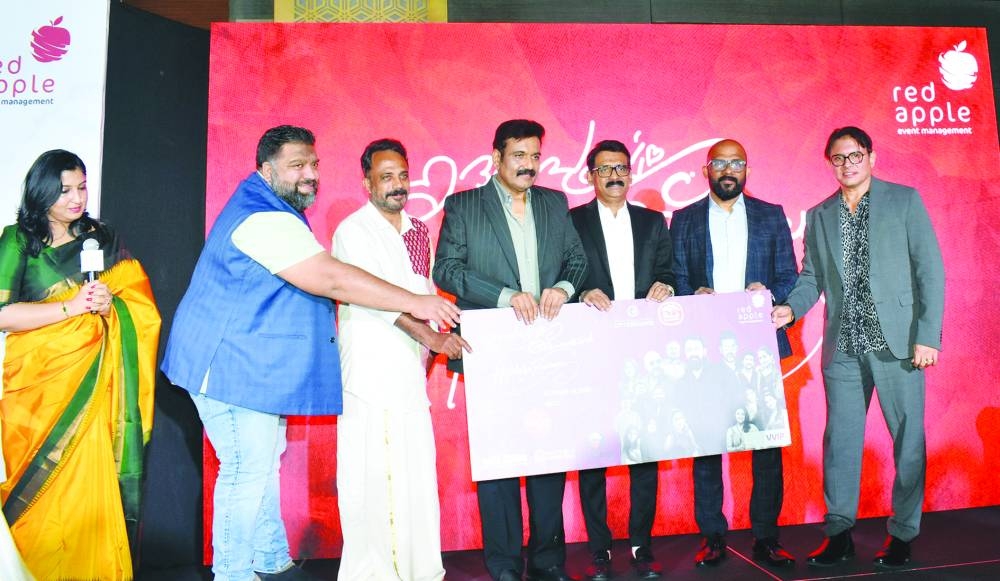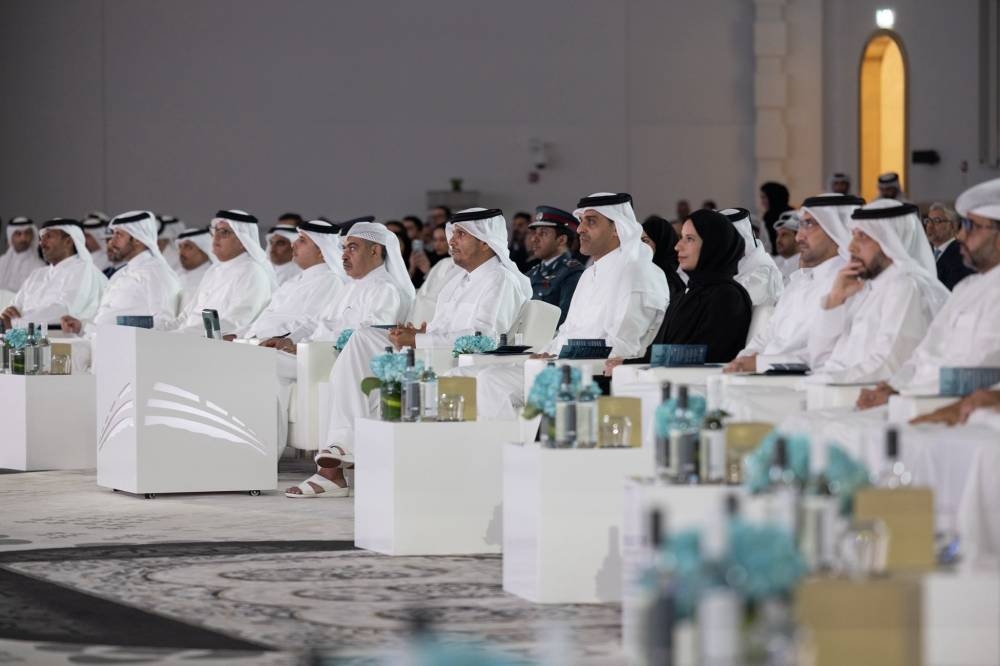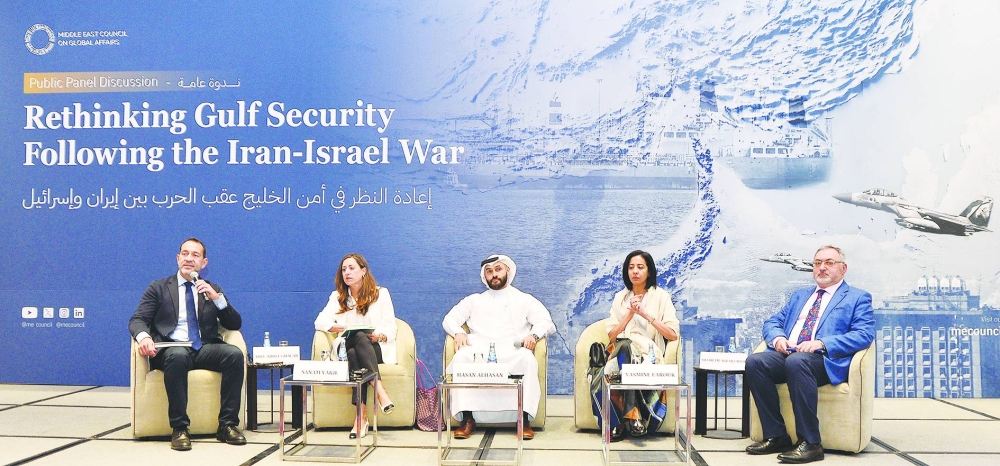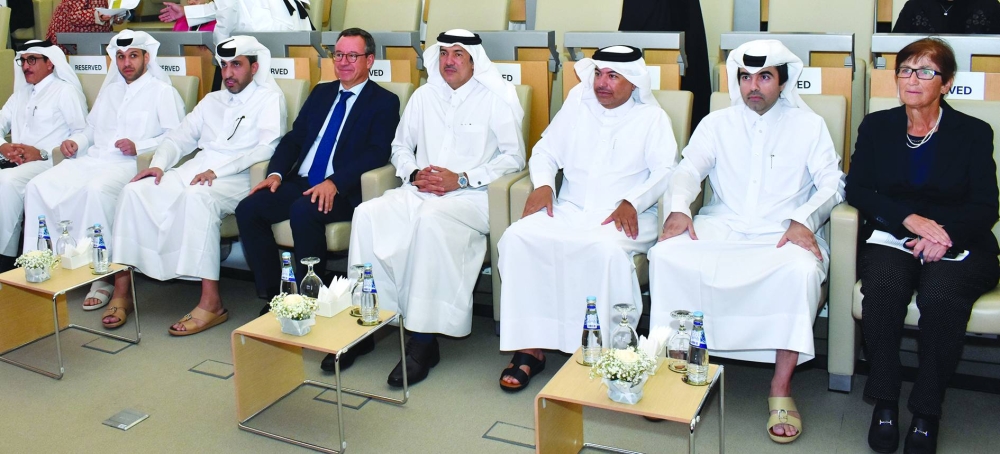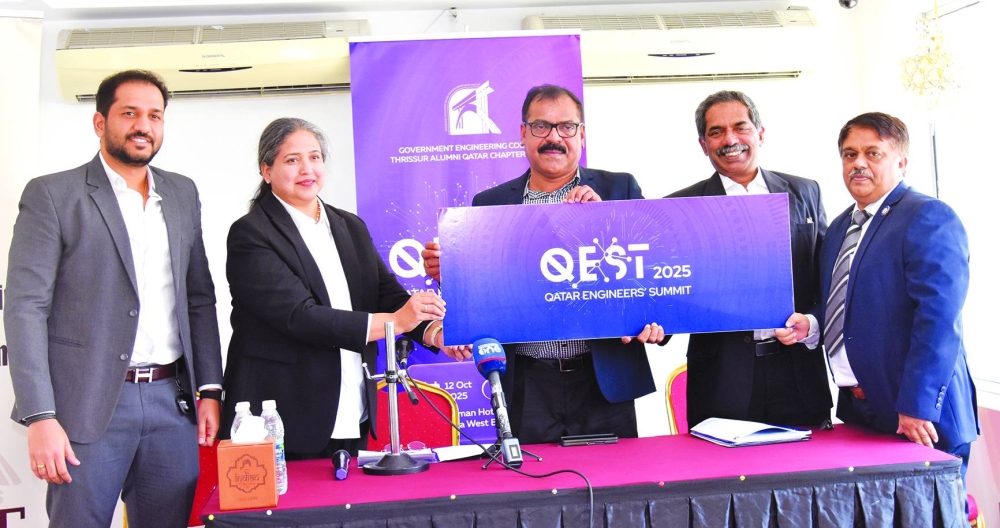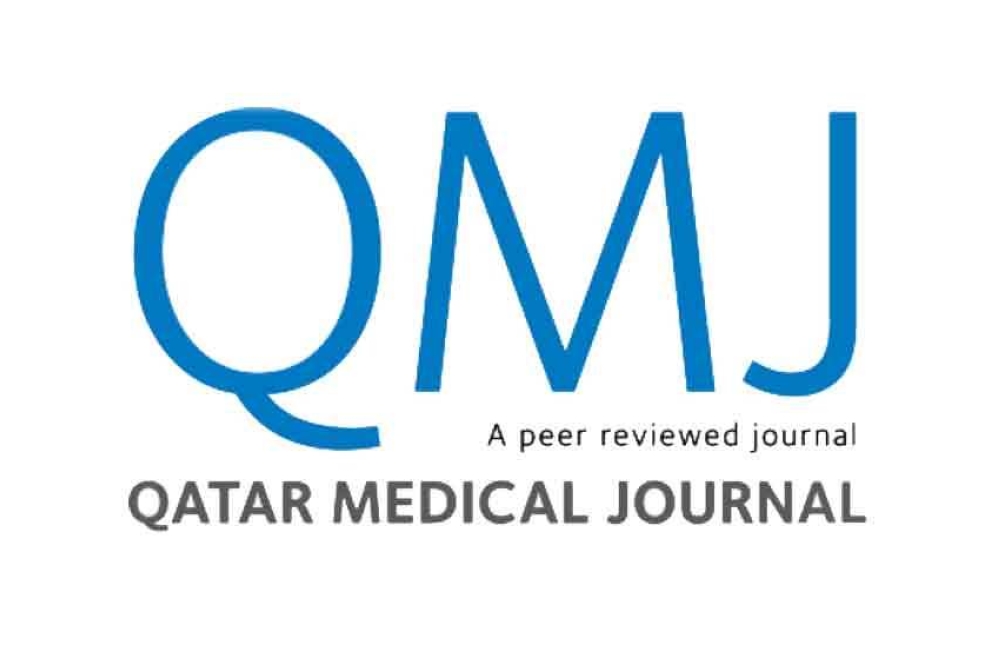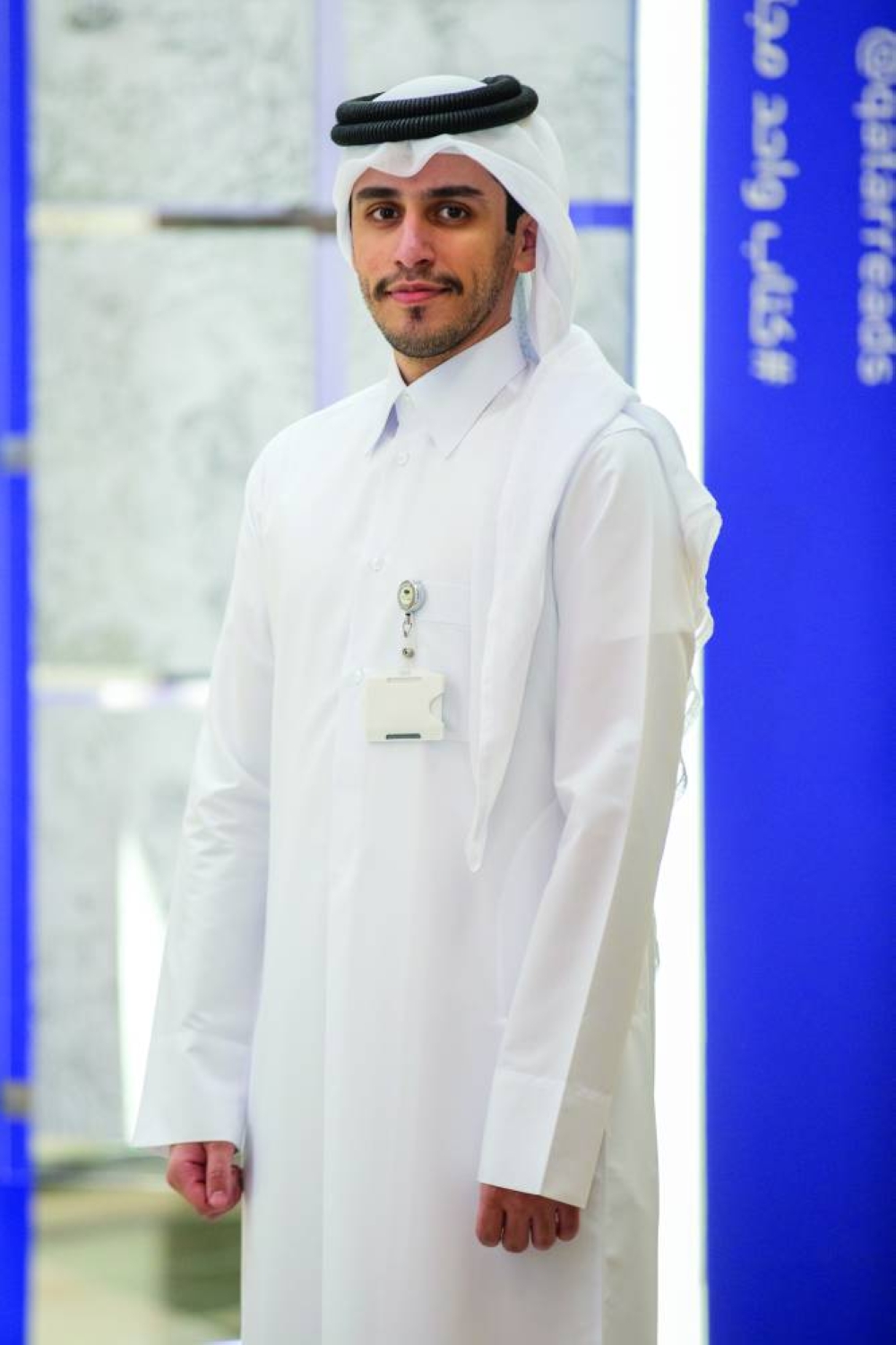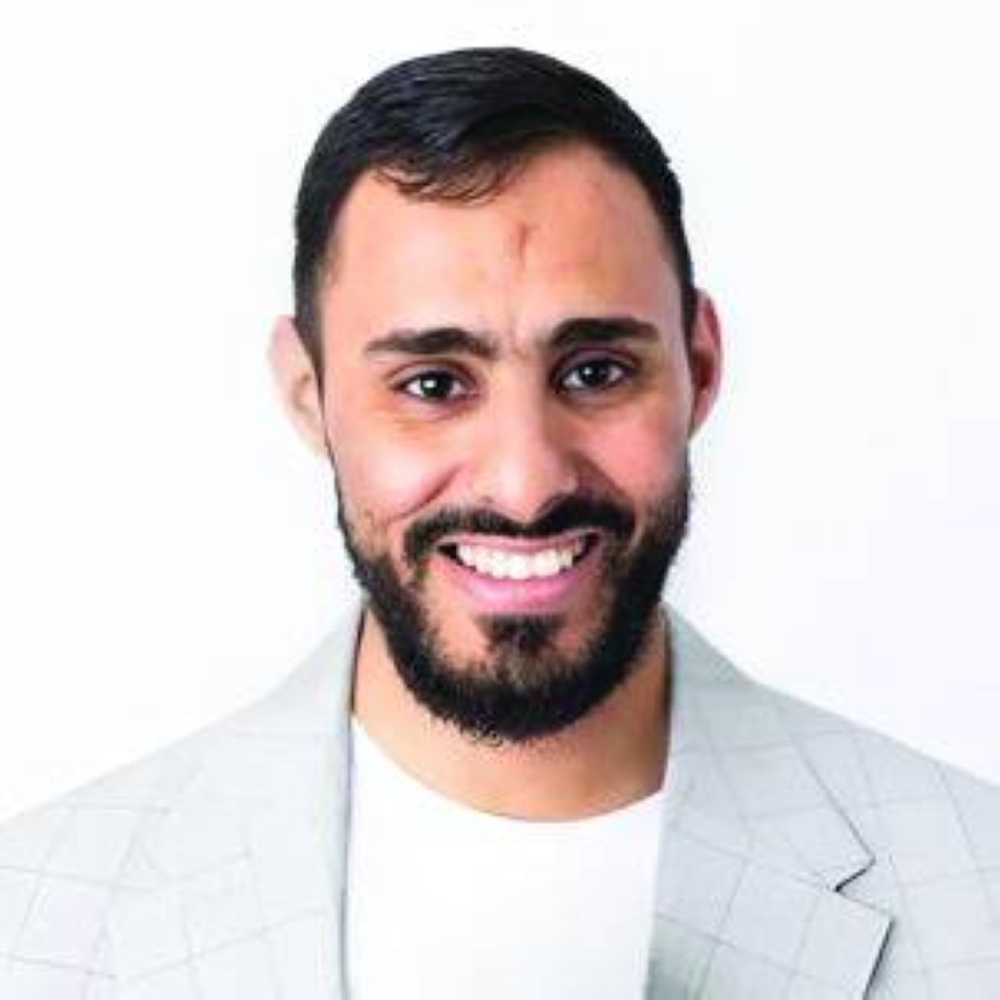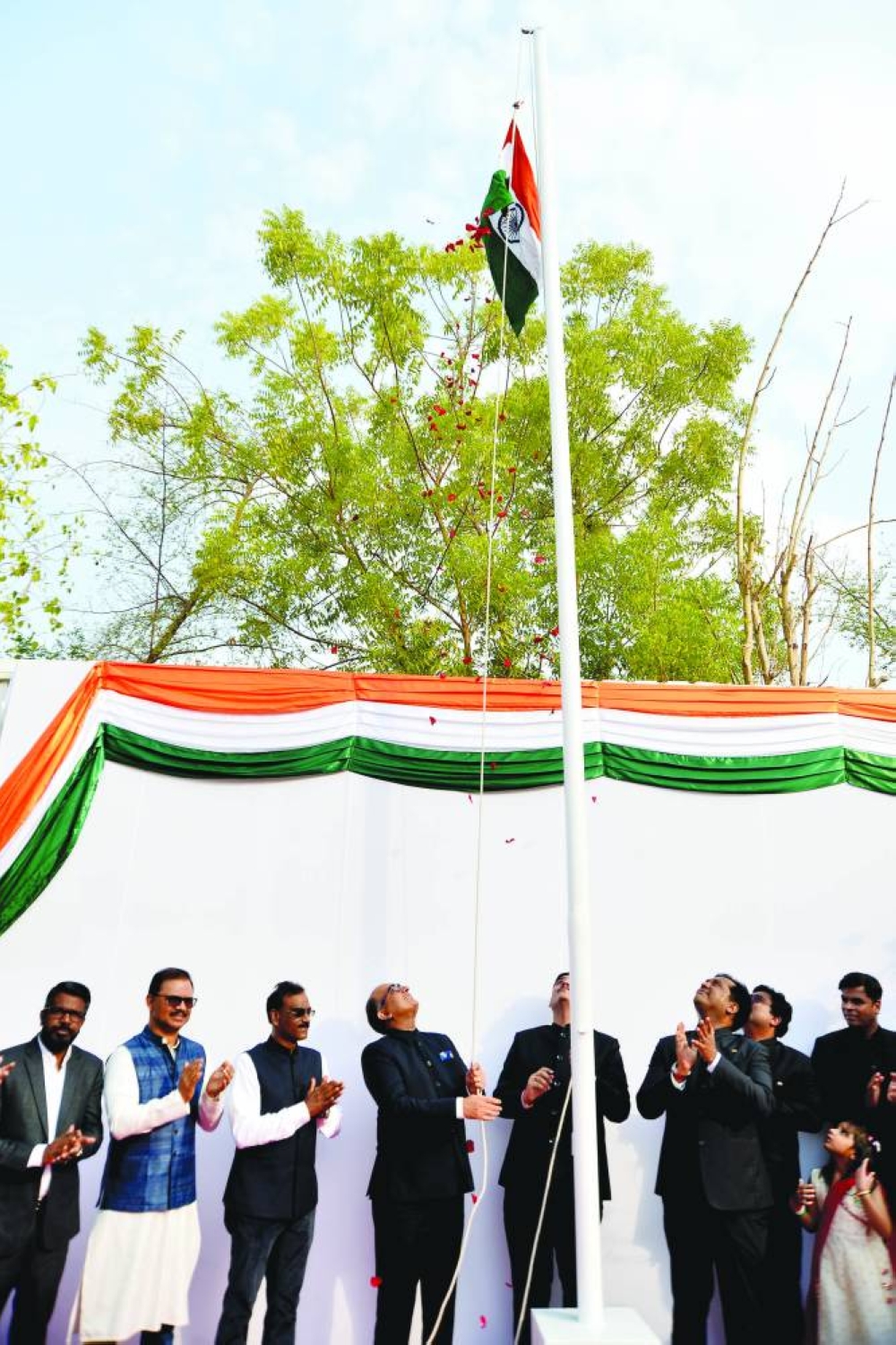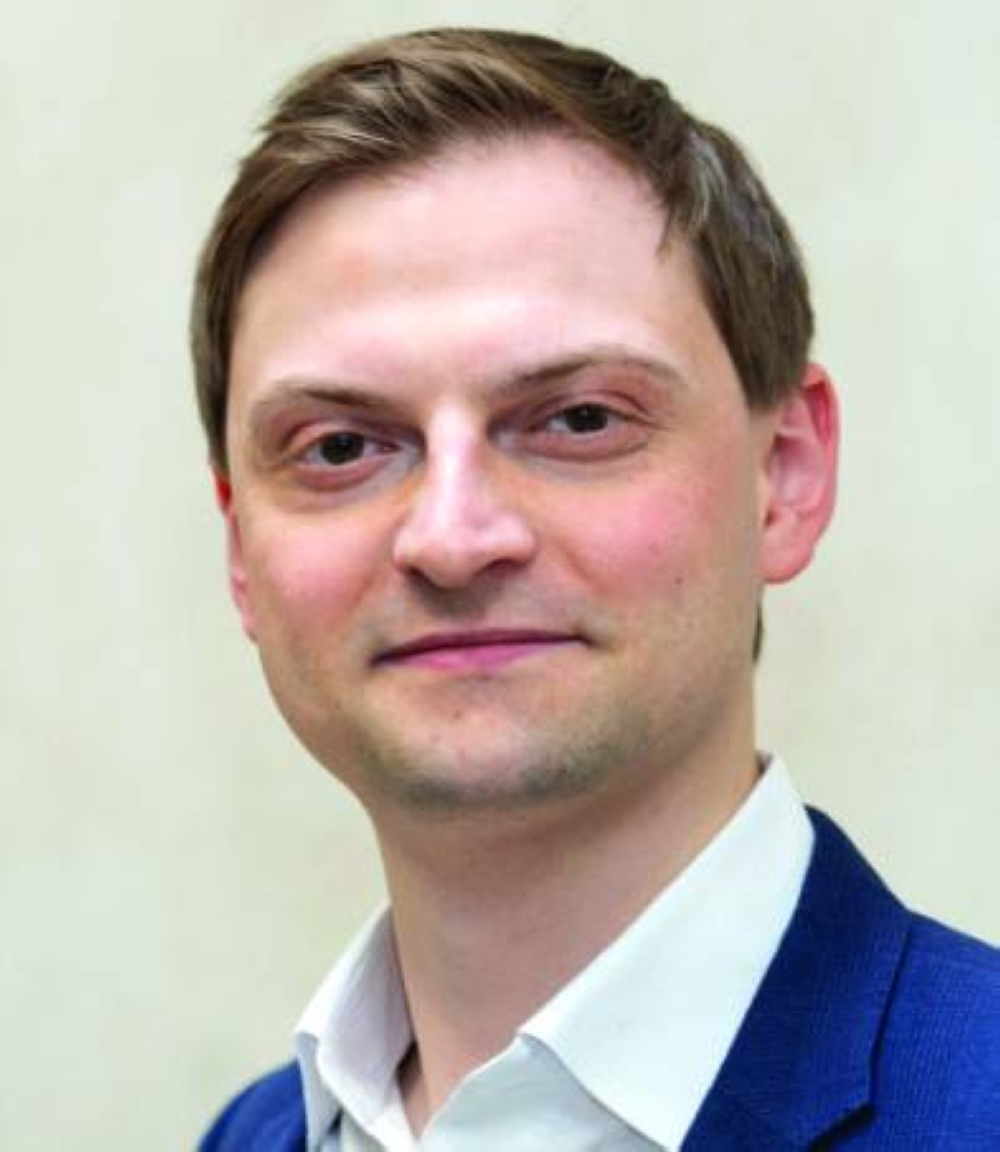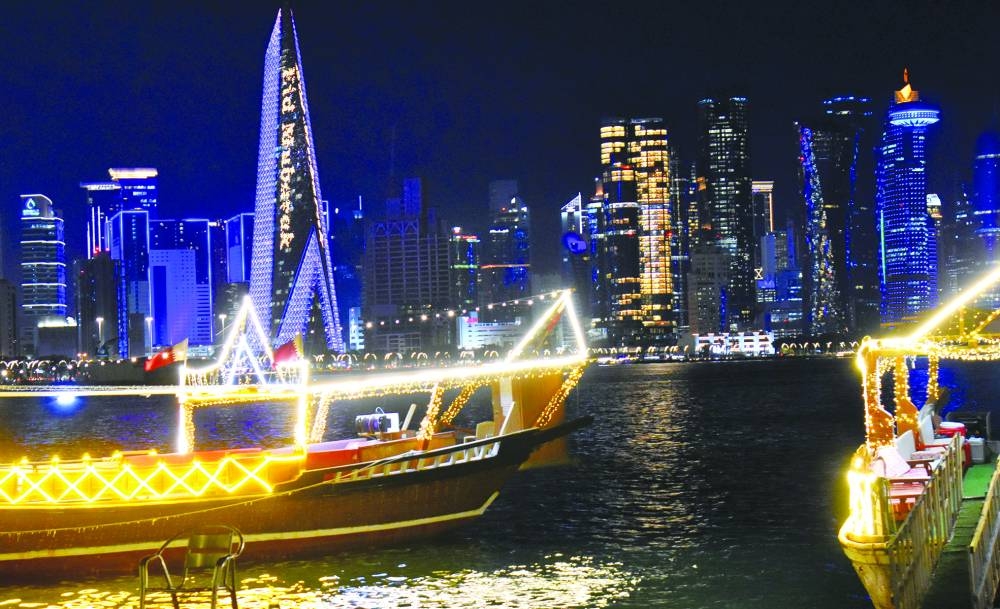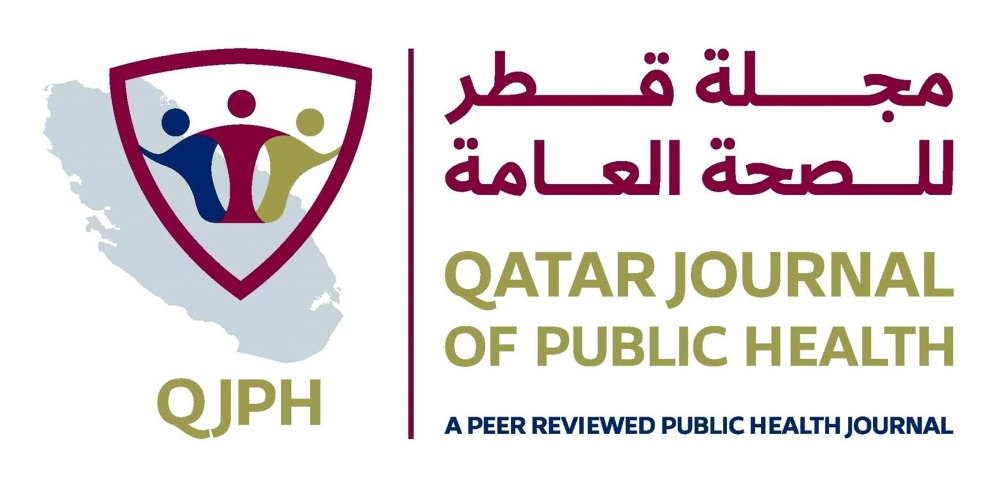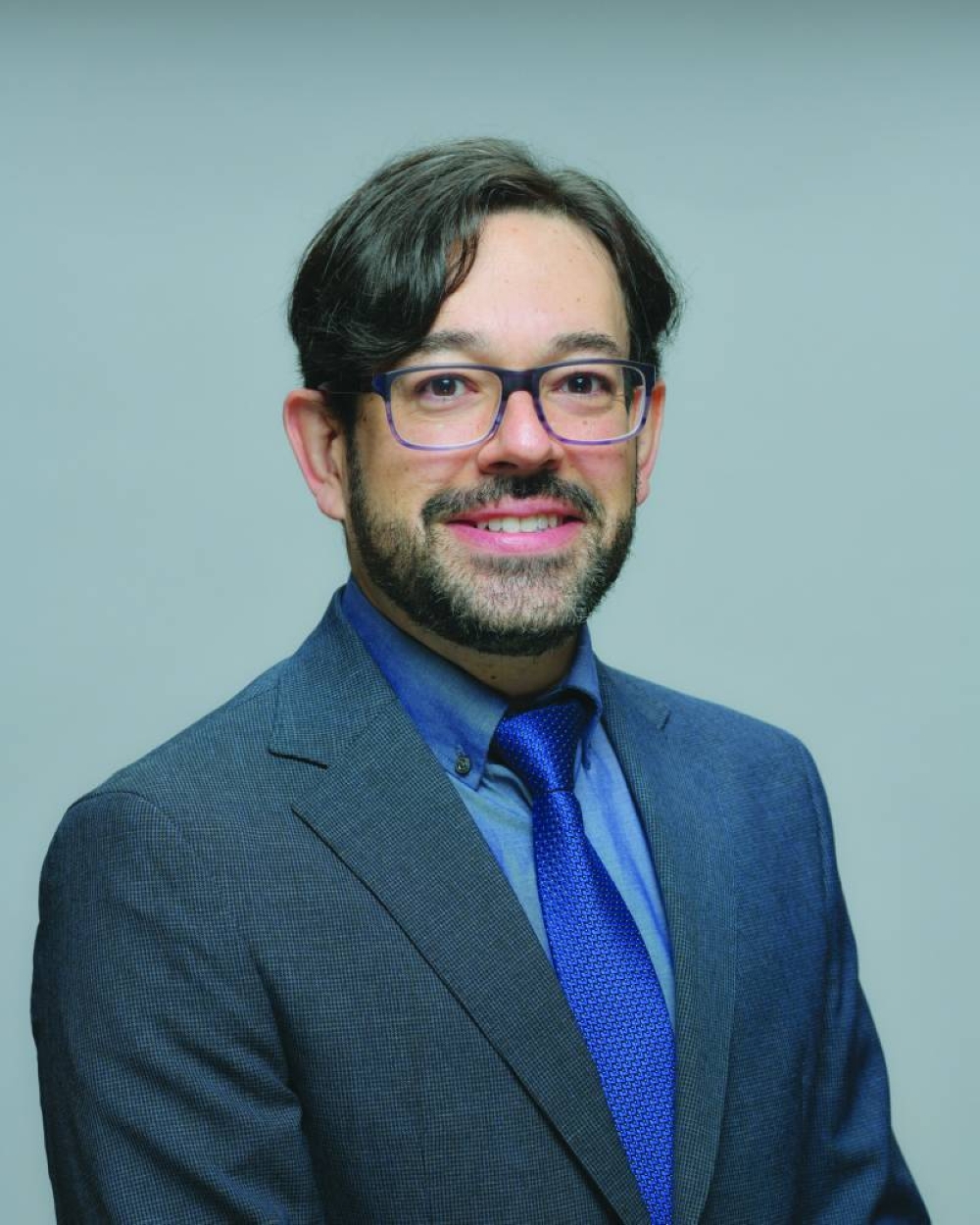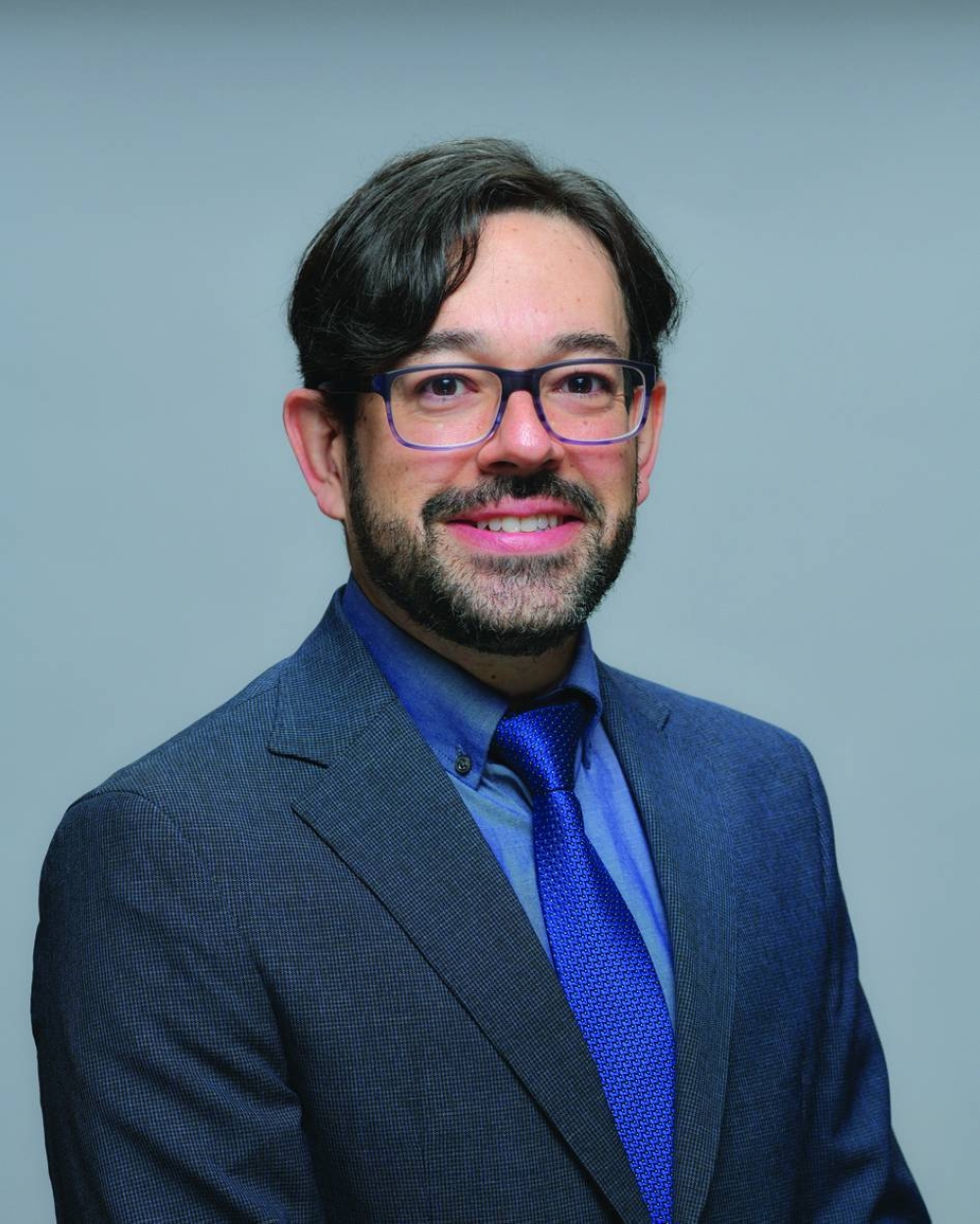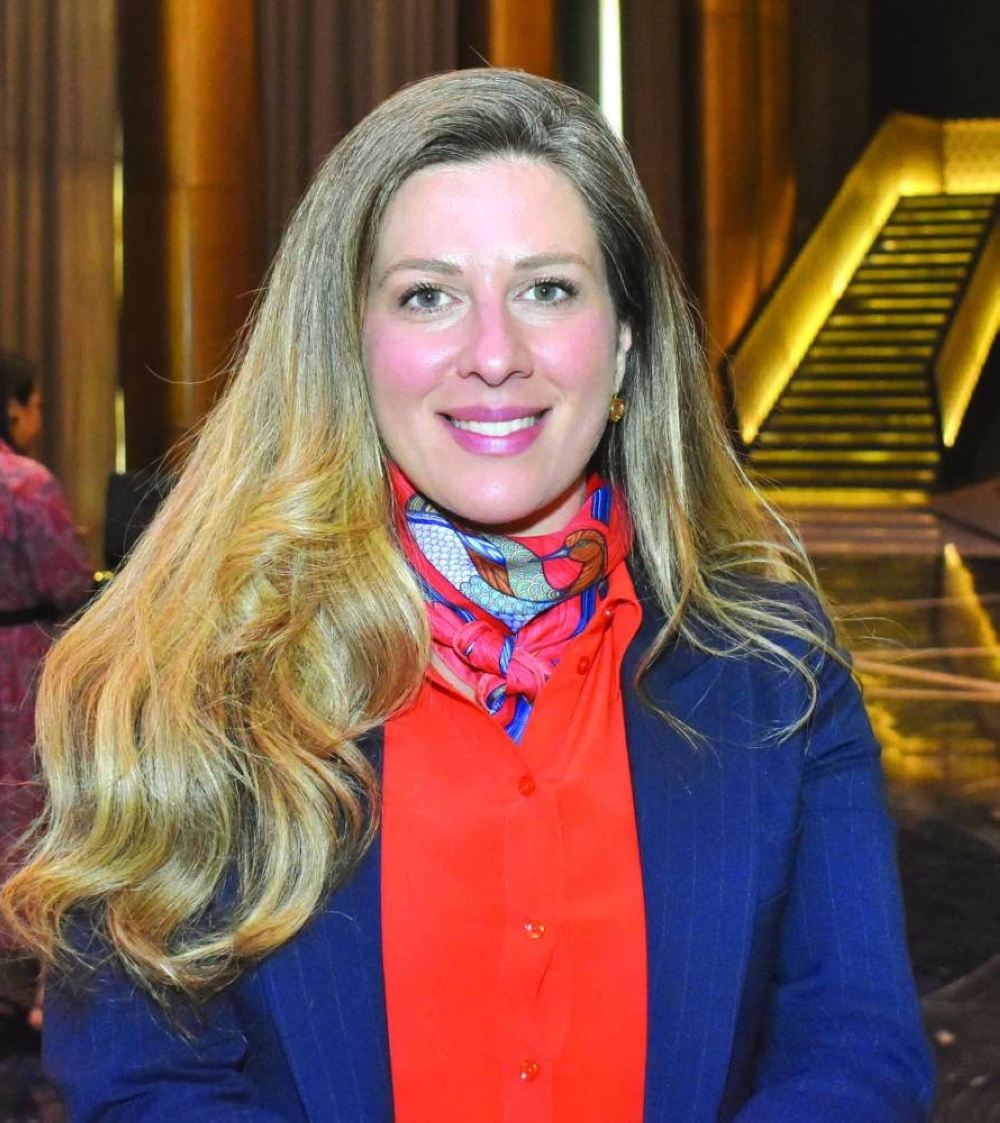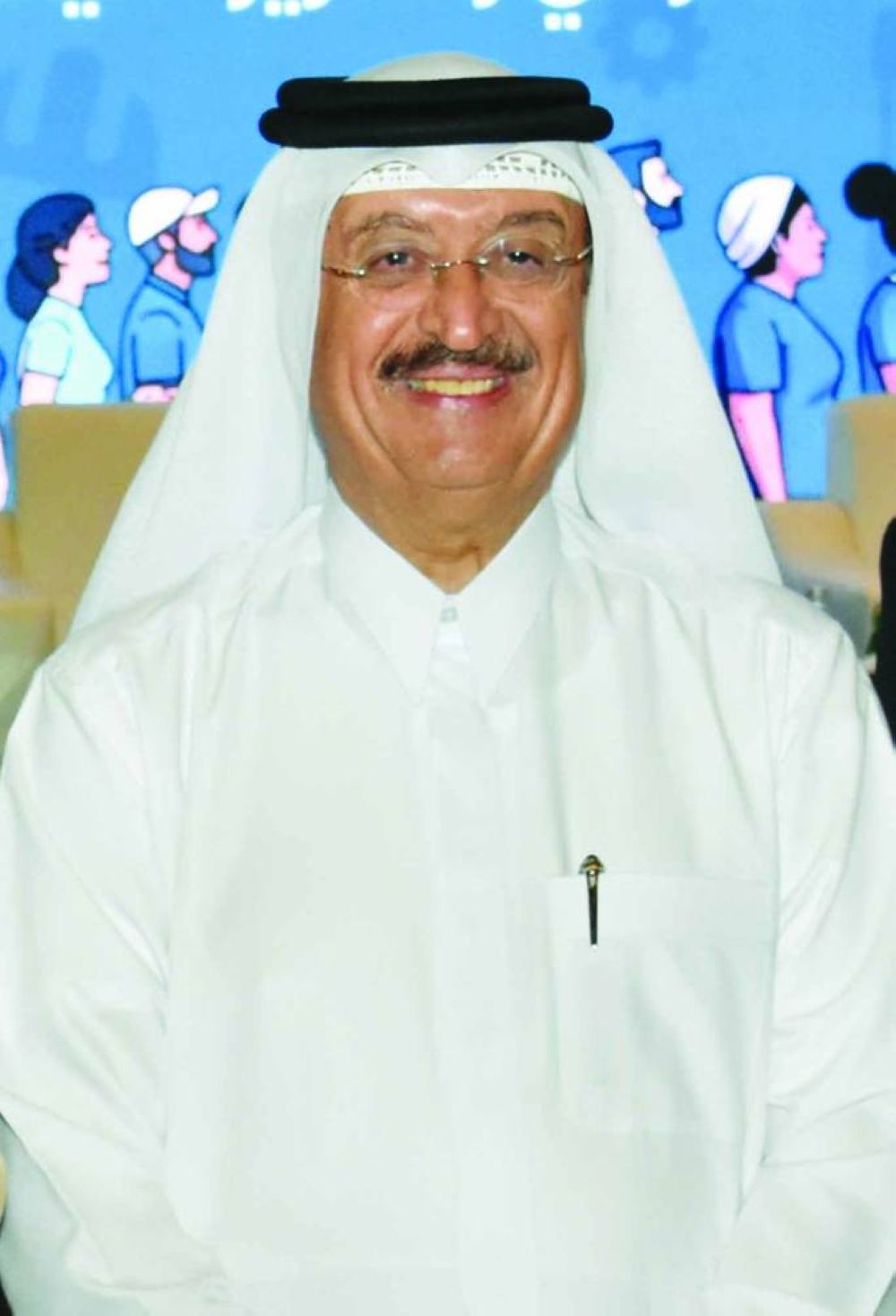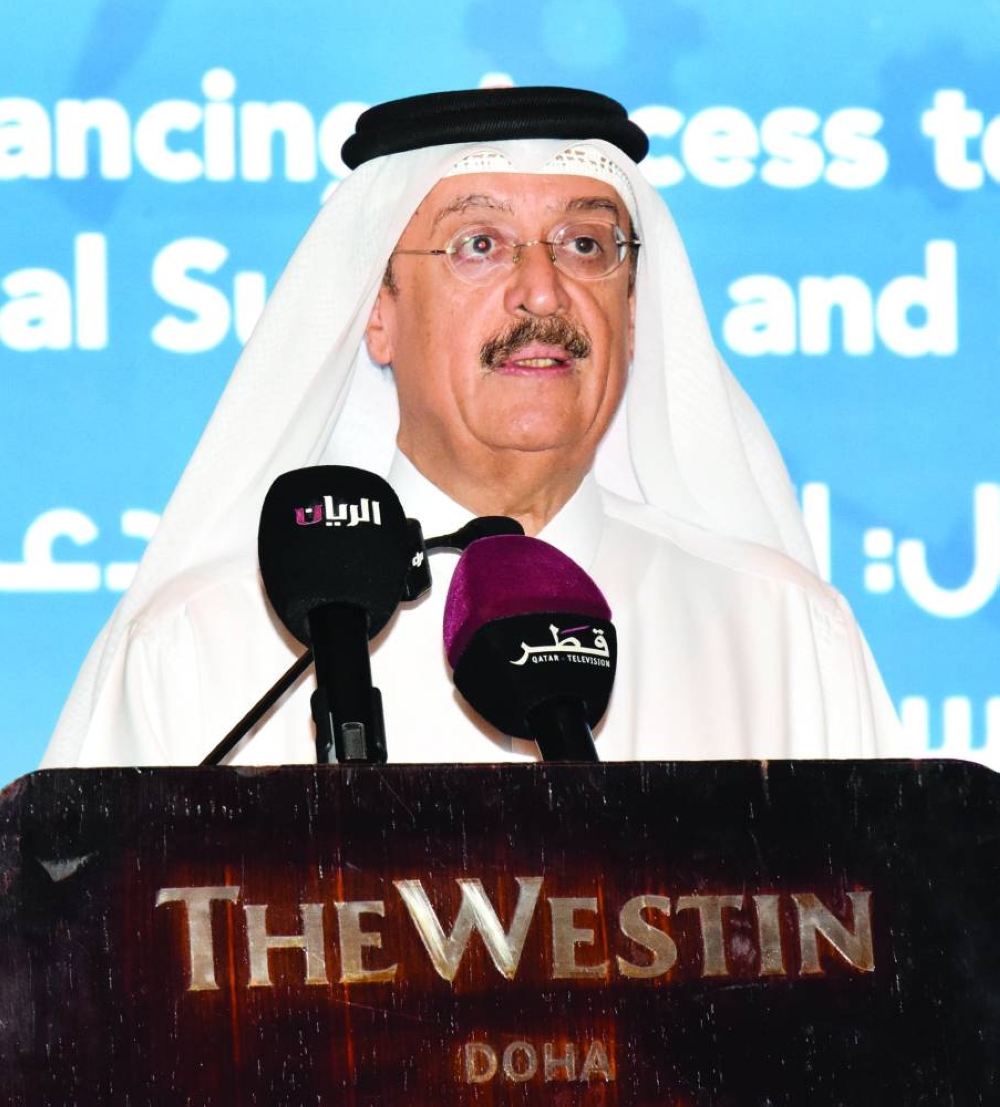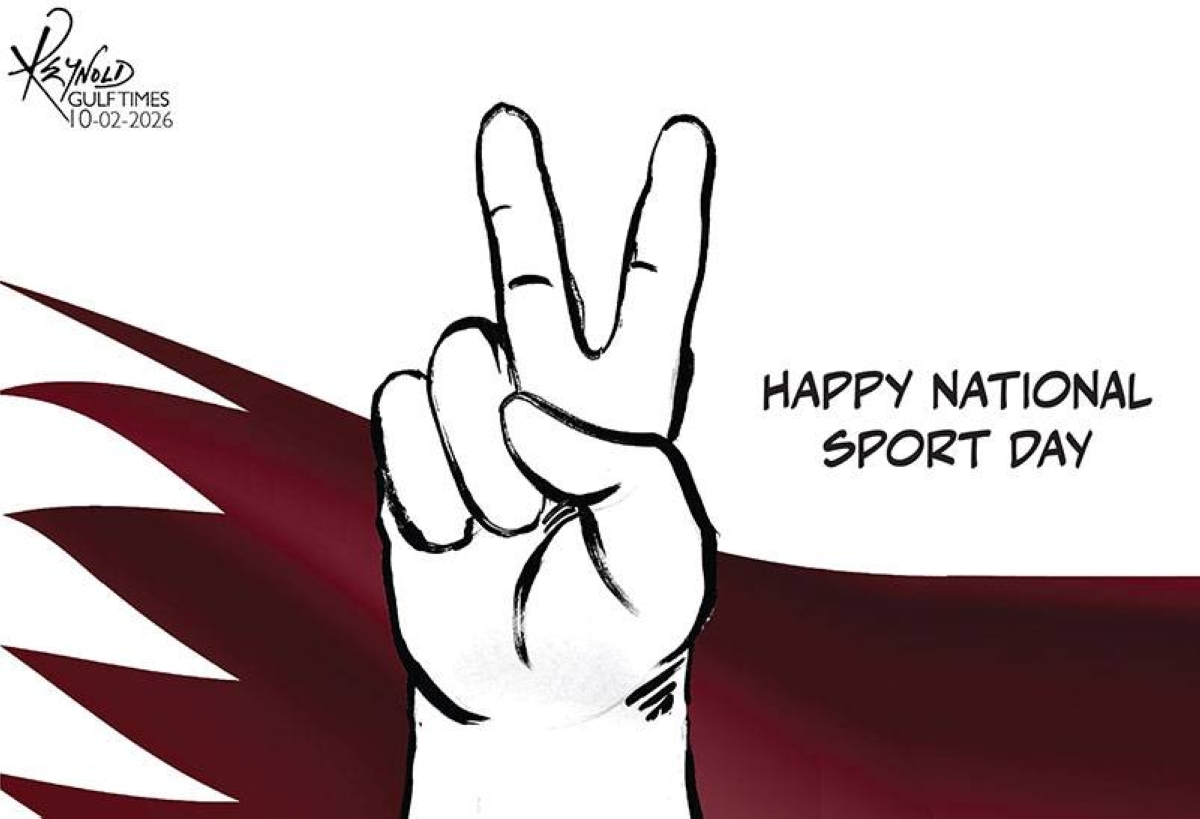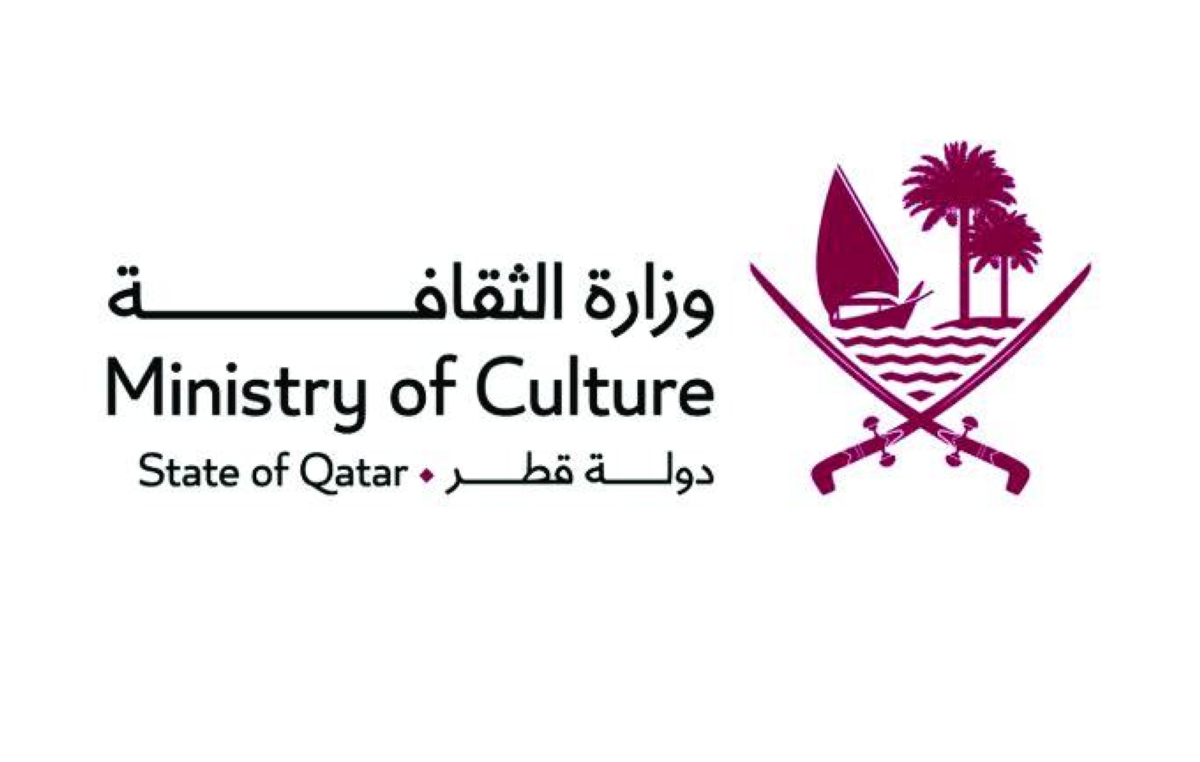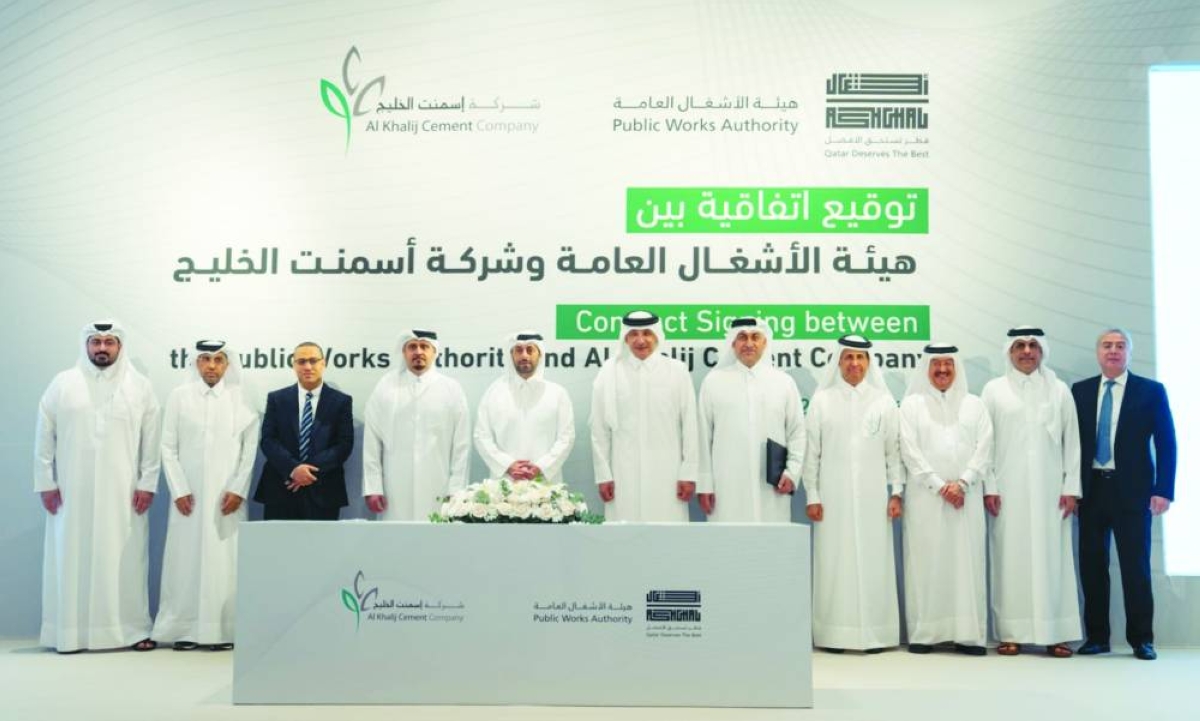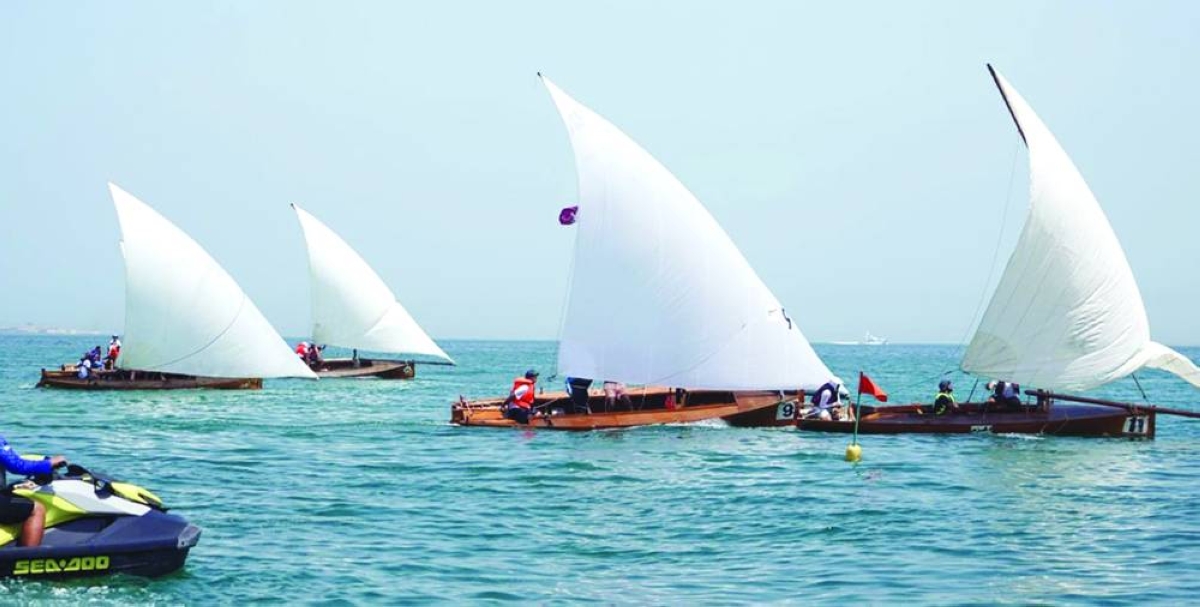Acclaimed Indian actor Mohanlal is set to perform in Doha after 19 long years along with a star-studded group of performers this October, it was announced on Tuesday.The event marks the celebration of 47 glorious years of the ‘Complete Actor’ Mohanlal in cinema.The mega cultural show, titled, 'Hridyapurvam Mohanlal' on October 16 at the Qatar National Convention Centre is organised by Red Apple Event Management and promoted by entrepreneurs with ventures in visual media and diverse industries worldwide, including John Thomas and Mibu Jose.The three-hour production is being directed by NV Ajith, a veteran with over 25 years of experience in stage and live event productions, with Manju Manoj serving as programme convenor.The evening will feature performances by noted actors Siddique and Manoj K Jayan who are also well known singers.The celebration will showcase the brilliance of acclaimed creative filmmaker, Prakash Varma, whose silver screen debut as 'George Sir' in the movie 'Thudarum' won hearts recently.His directorial genius has shone through global campaigns such as Dubai Tourism with Shahrukh Khan and the iconic Vodafone commercials.The extravaganza will be powered by a mix of music and dance. Leading musicians including Rimi Tomy, Vidhu Prathap, Libin Scaria, Sreerag Bharathan, Sruthy Sivadas, and Nanda J Devan are set to perform.Dance sequences will be presented by the blockbuster duo - Ramzan and Dilsha, alongside celebrated performers Moksha, Sruthi Lakshmi, and Bhama Arun.Actress, Meera Nandan will make a special appearance, taking on the dual role of singer and presenter for the evening. And the highlight of the event, Mohanlal himself has promised to create a true “feast for the audience,” making this celebration even more unforgettable.The Red Apple Event Management led by CEO Jassim Mohammed, director of operations Vicky Melvyn and business executive Julie Maria Joseph has crafted every detail to ensure the evening lives up to its promise: a once-in-a-lifetime tribute to Mohanlal and a gift to his fans.

Joseph Varghese
A journalist with a penchant for reporting events, Joseph Varghese digs deep to unearth facts. With several years of experience, including at Gulf Times, Joseph handles health, science and technology, IT and education in addition to everyday developments.
Most Read Stories

